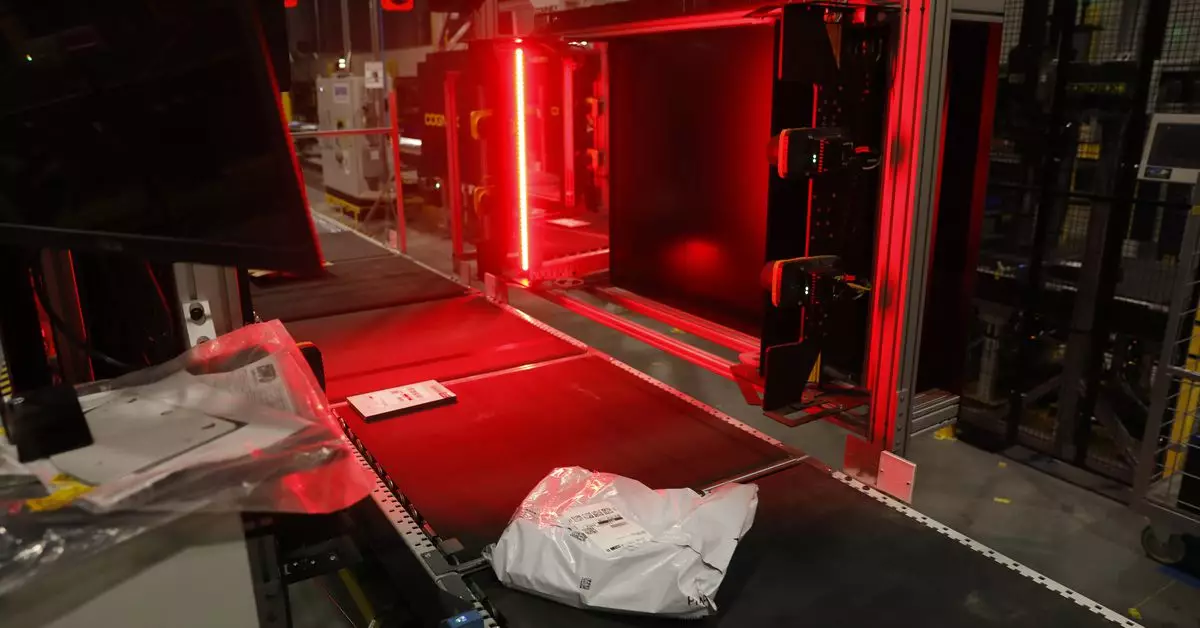Amazon, a global e-commerce giant, has been facing criticism for its growing plastic waste in the US. Despite efforts to cut down on plastic packaging, a recent report from the nonprofit conservation organization Oceana reveals that Amazon’s plastic waste output has increased significantly. In 2022 alone, the company generated a staggering 208 million pounds of plastic waste from its packaging, marking a nearly 10 percent jump from the previous year.
American Market Lags Behind
While Amazon claims to have reduced its use of plastic packaging globally by 11.6 percent in 2022, the US market remains a significant concern. Oceana argues that Amazon needs to prioritize reducing plastic waste in its largest market. Matt Littlejohn, Oceana’s senior vice president for strategic initiatives, questions why US customers are being “left behind” when it comes to sustainable practices.
One of the key issues highlighted by Oceana is the lack of transparency in Amazon’s reporting on plastic waste. The company’s latest sustainability report, which covers 2022, does not provide a breakdown of plastic waste by country. Additionally, Amazon does not account for all the plastic waste generated by orders fulfilled by third-party sellers. Oceana had to rely on market data from external firms to conduct its analysis, raising concerns about the accuracy of the information.
In response to Oceana’s report, Amazon’s vice president of mechatronics and sustainable packaging, Pat Lindner, dismissed the findings as “misleading” and “exaggerated.” He pointed to the company’s ongoing efforts to eliminate plastic delivery packaging from its US automated fulfillment centers. While Amazon has made progress in phasing out single-use plastic delivery bags in other regions like Europe and India, the transition has been slower in the US.
One of the main challenges with plastic packaging is that it is often not accepted in curbside recycling programs. This poses a significant problem for consumers who are looking to dispose of plastic film bags used for packaging. Unlike plastic bottles, plastic film bags are more difficult to recycle and require special drop-off locations. Amazon’s vague commitment to phase out plastic packaging in its sustainability report last year raised questions about the timeline for implementation and the scope of the initiative.
Oceana is urging Amazon to take more decisive action in phasing out plastic packaging in the US. The organization highlights the need for greater transparency and accountability in reporting plastic waste data. As a major player in the e-commerce industry, Amazon has the potential to lead the way in sustainable practices and set an example for other companies to follow.
Amazon’s plastic waste problem in the US underscores the challenges of balancing convenience with environmental impact. As consumers become more conscious of their carbon footprint, companies like Amazon will need to prioritize sustainable solutions to reduce plastic waste and combat the growing environmental crisis.


Leave a Reply